Portugal has escalated its firefighting efforts to the highest alert level, Delta, as the country braces for the peak wildfire season. With over 80 municipalities across districts including Vila Real, Braga, and Faro at maximum fire risk, the national device now mobilizes 11,161 operatives and 69 aerial means. However, the operation faces a shortfall with seven fewer aerial resources than planned by Civil Protection, including two helicopters under maintenance.
The Diretiva Operacional Nacional (DON) has activated the reinforced - Delta level until September 30, aiming to combat rural and forest fires more effectively. Despite the plan to deploy 79 aerial means, including three AFOCELCA helicopters, constraints in the contracting process have left five helicopters unpositioned.
Operational challenges include two helicopters in maintenance at the Centros de Meios Aéreos of Arcos de Valdez and Santa Comba Dão. The Civil Protection highlights delays in positioning additional helicopters due to procurement hurdles with the Portuguese Air Force.
The firefighting force comprises mostly volunteer firefighters, alongside the Special Civil Protection Force, GNR military, and ICNF personnel, including forest sappers. The DON this year focuses solely on combat resources, omitting surveillance and detection means.
Provisional data from ICNF reports 2,459 fire occurrences from January to June, burning 6,104 hectares—more than double the area compared to last year. The IPMA has issued high to very high fire risk warnings across most continental municipalities, with some districts under orange alert due to persistent high temperatures.
Recent wildfires in Pinhel, Aljustrel, Alvarenga, and Castelo Branco have been controlled, but not before consuming over a thousand hectares and causing injuries among firefighters.

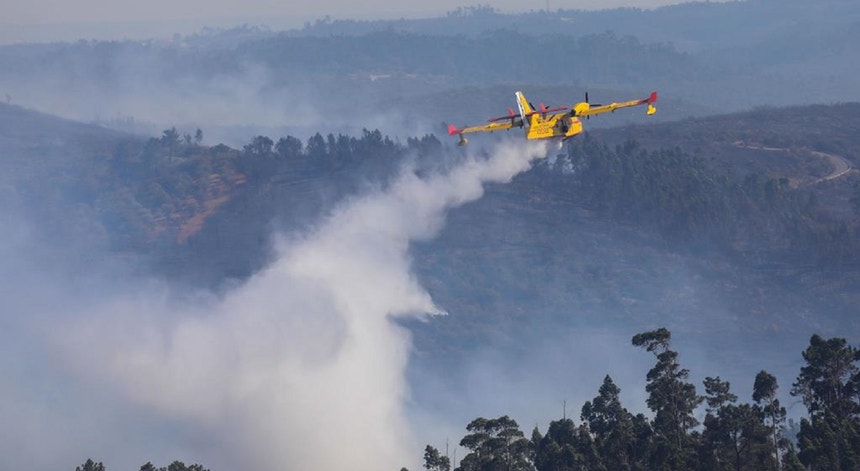


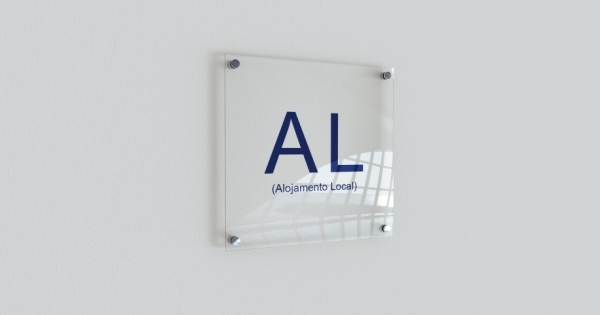
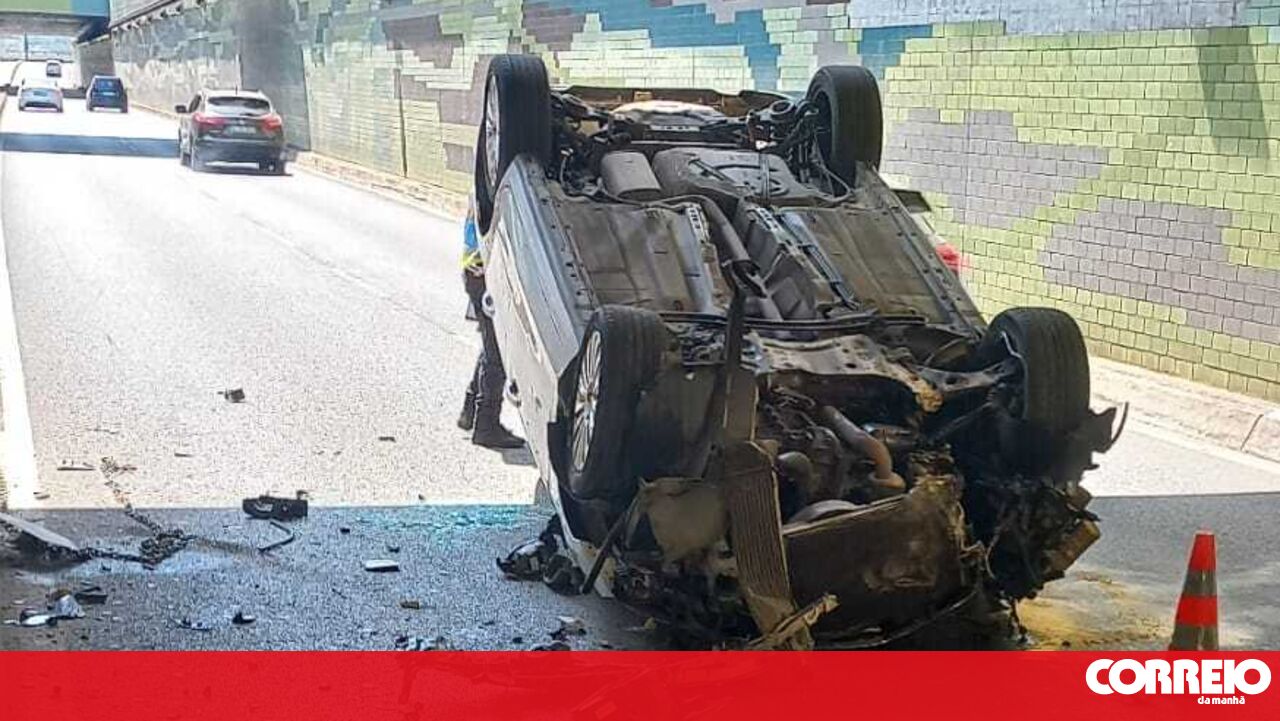

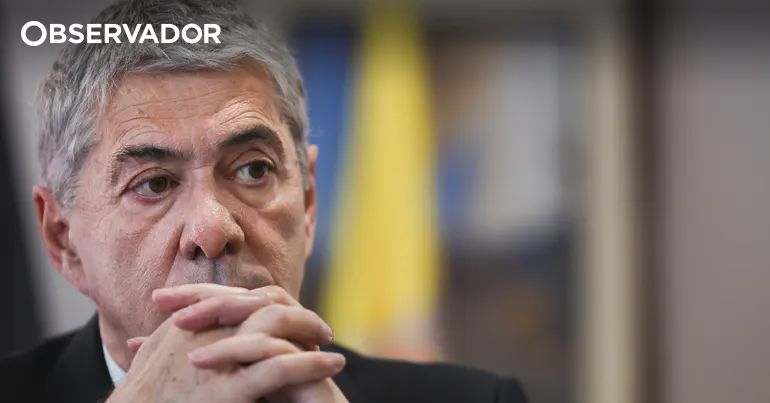

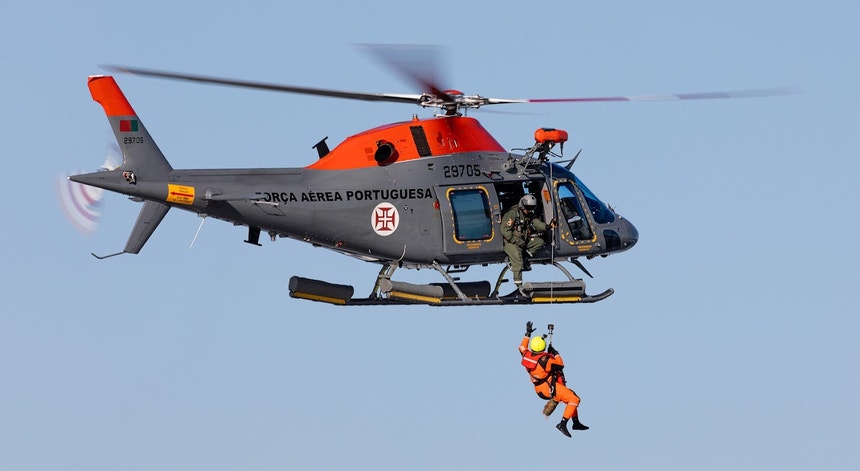

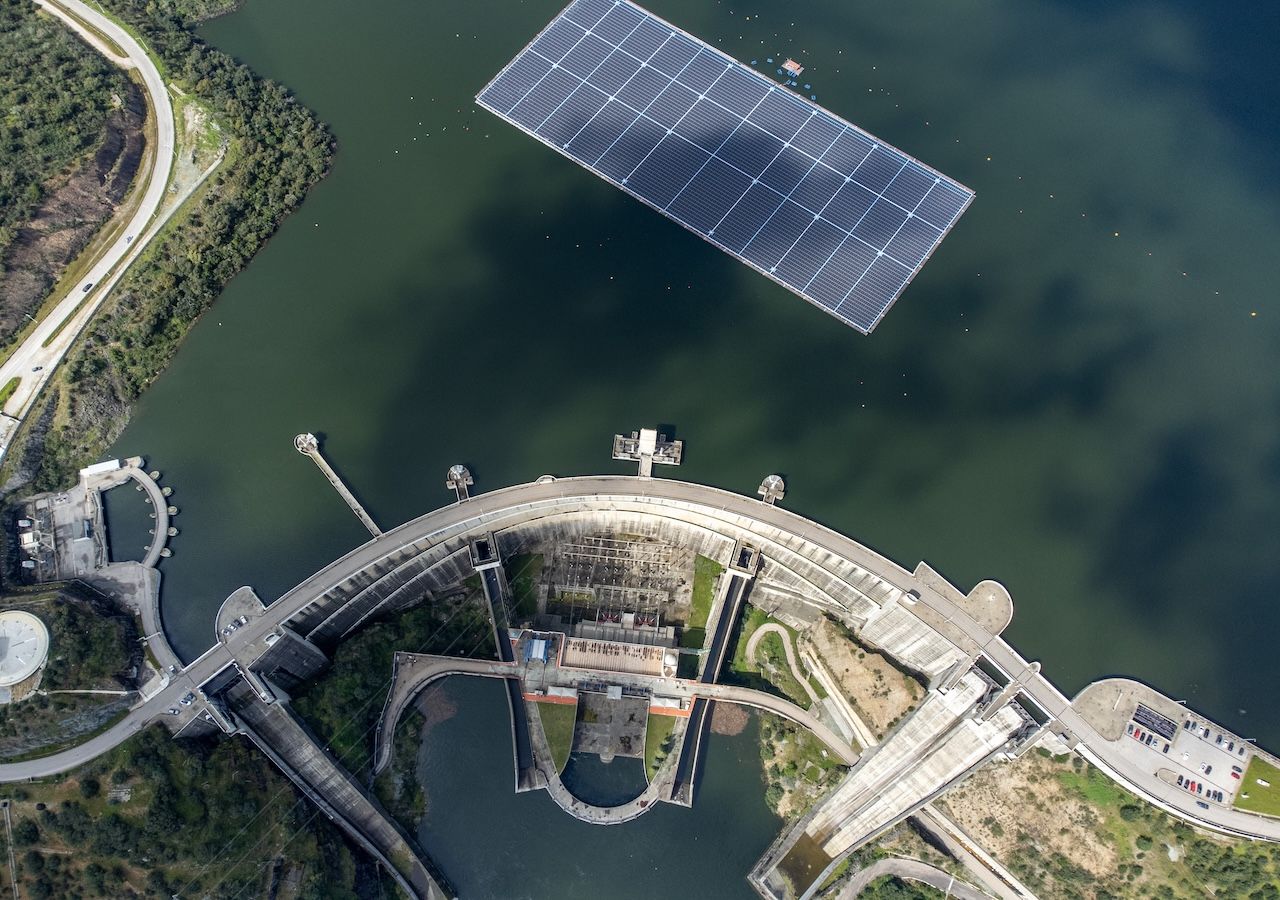

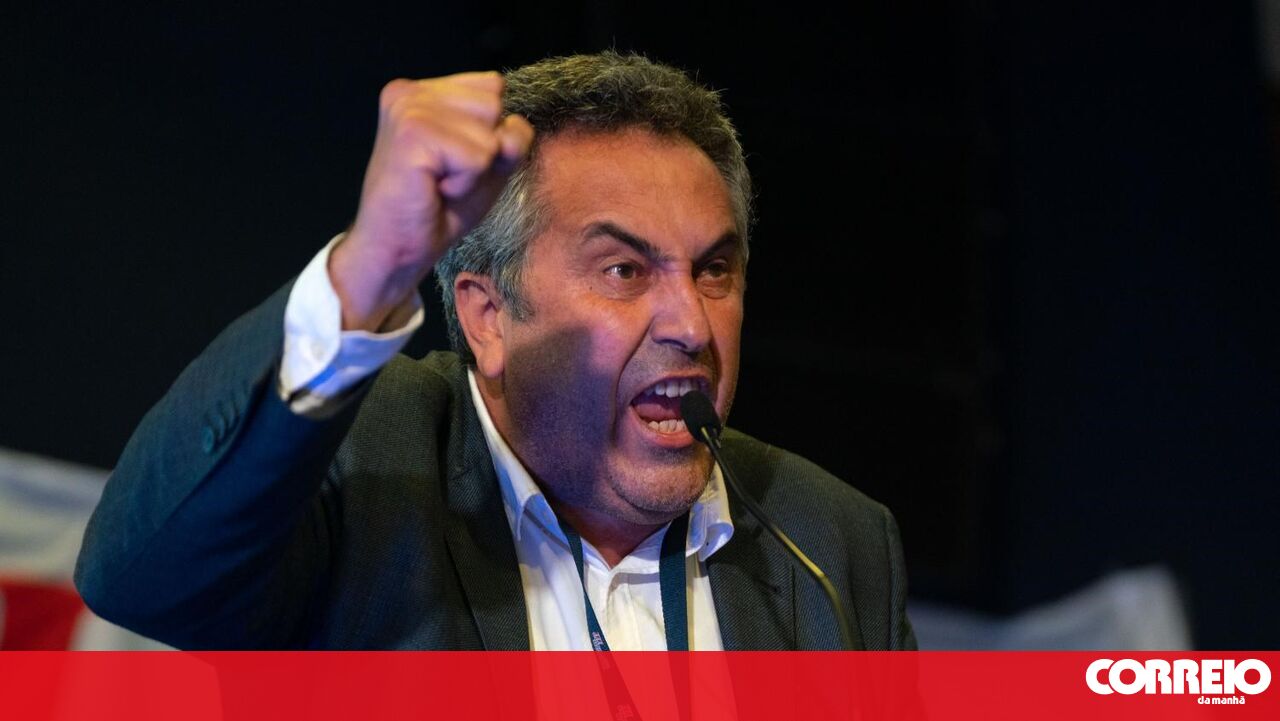
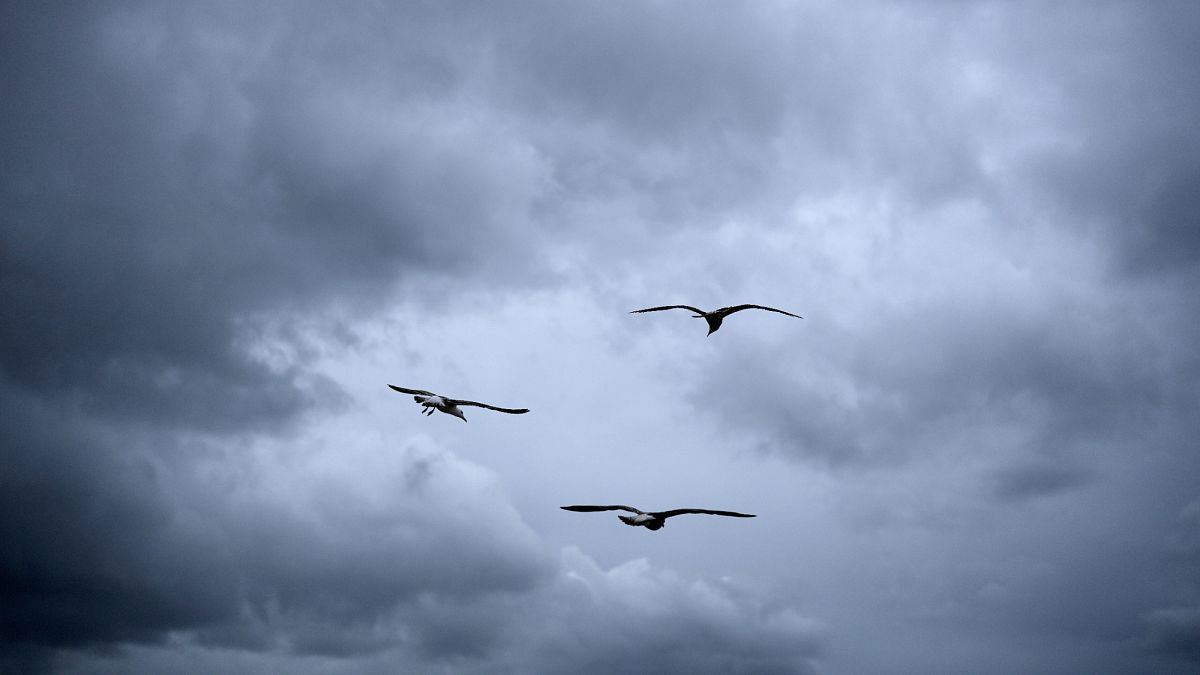


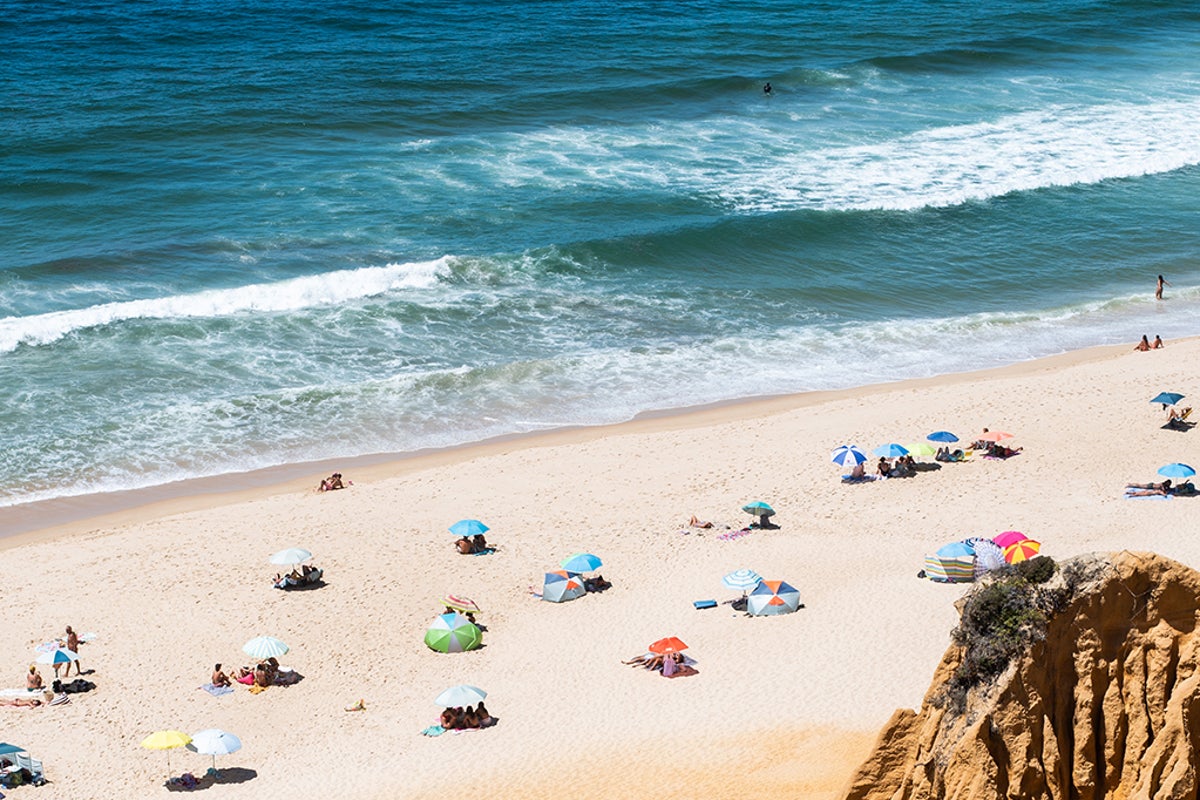

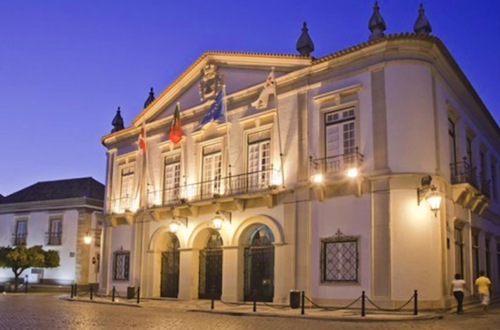



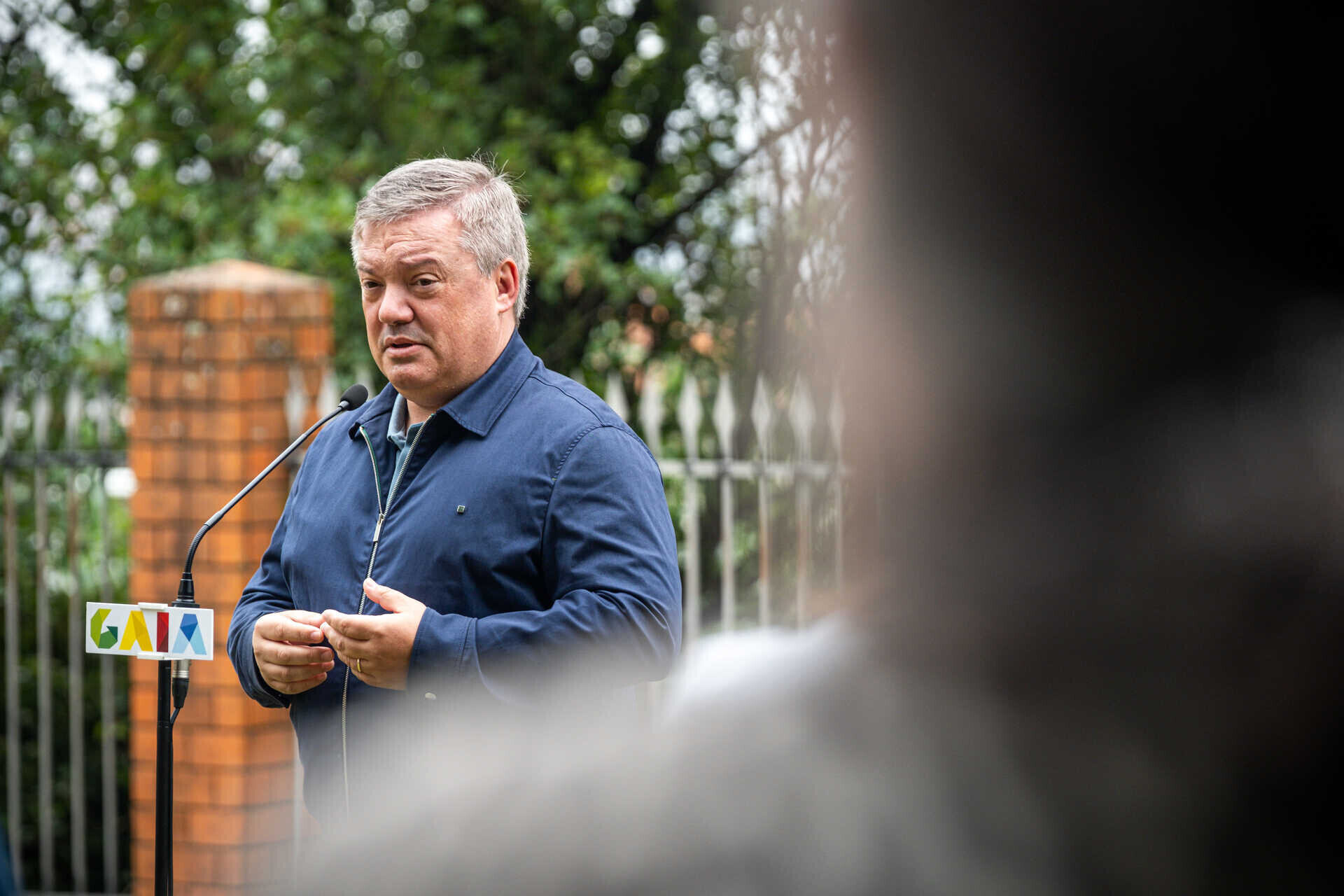


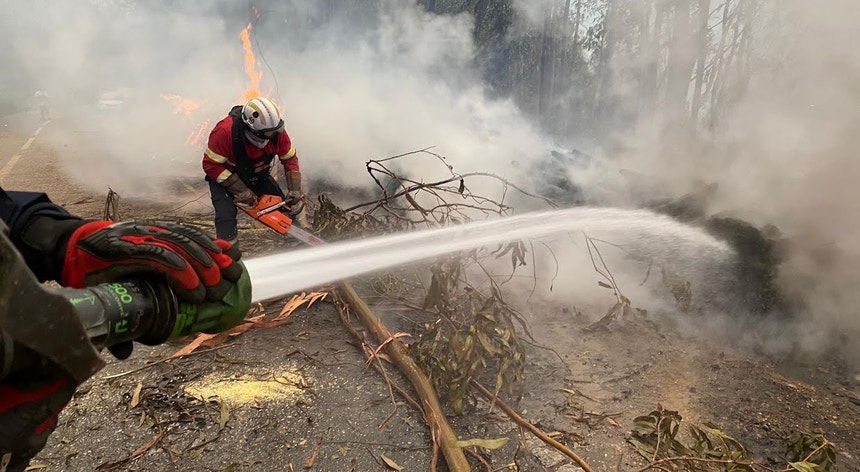



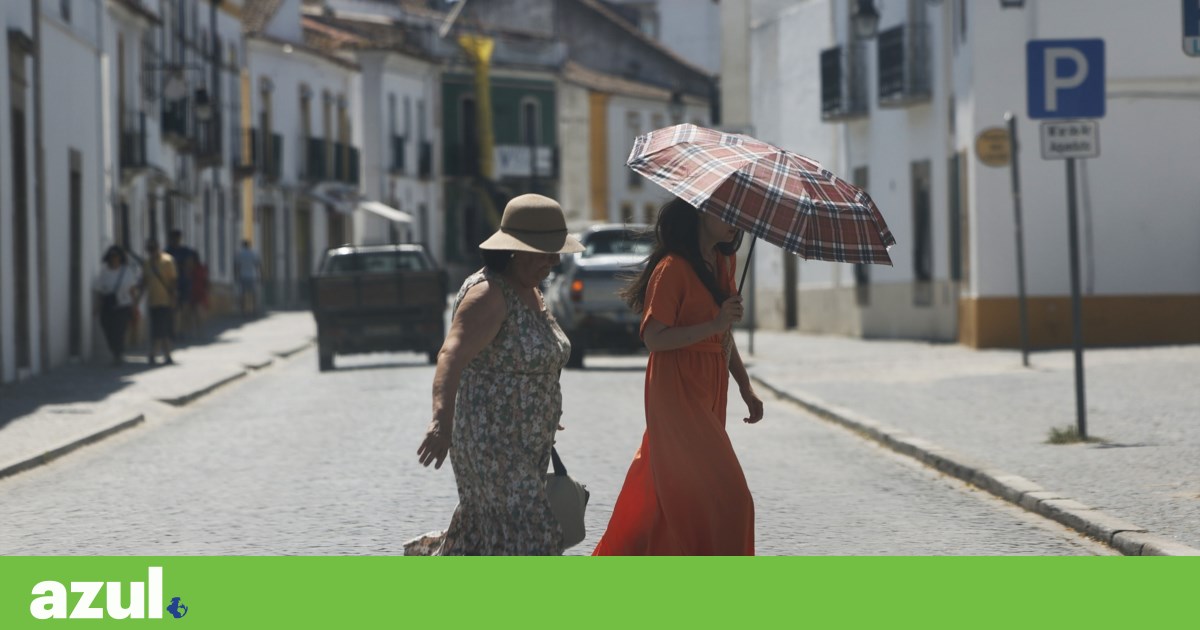
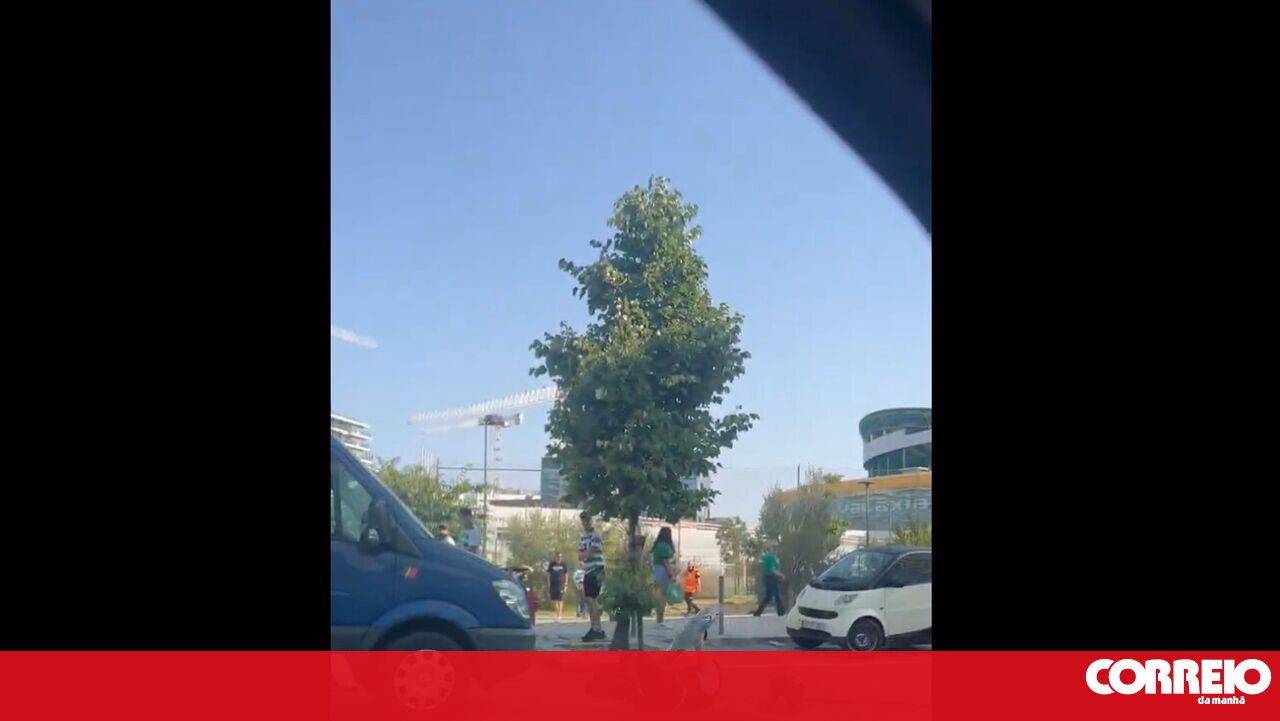


Comments
Join Our Community
Sign up to share your thoughts, engage with others, and become part of our growing community.
No comments yet
Be the first to share your thoughts and start the conversation!